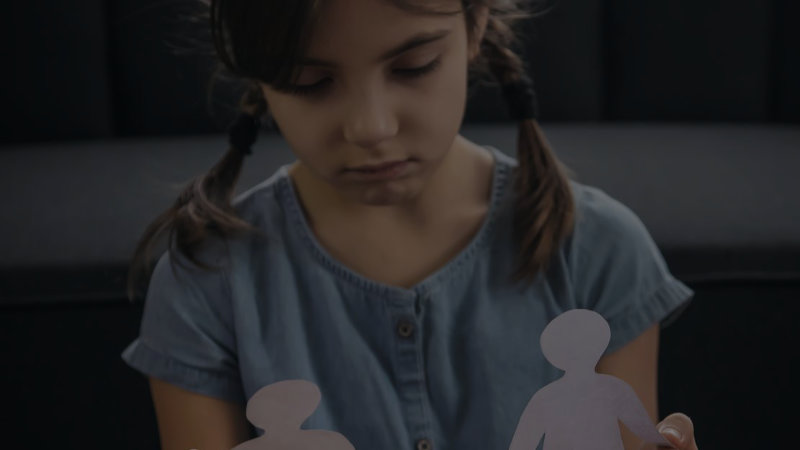My Services
On this page, you can read more about the services I offer.
Please click on each image to find more details.

How can mediation help you?
When we are hurt, angry, exasperated by upsetting behavior, injured by hurtful words – be they from a partner, a parent, a sister, a brother – once the anger passes, we often fall back into the same routines, the very ones which generated the conflict in the first place ! Without recognizing it, anger and frustration build up. Inevitable ?
No. What’s often missing is to find words that open doors and a safe space where feelings can be talked about.
Mediation offers you this safe space where the ground rules of confidentiality and mutual respect are coupled with the impartiality and non-judgemental position of the mediator. The space-time offered by mediation permits greater understanding, thoughtful decision-making and is conducive to change.
“The goal is to get out of dysfunctional relationships and move towards change.”
How does mediation work?
It begins with you. Getting in touch with your own emotions, needs, desires, aspirations. Putting into words your personal experience. In this way, the foundations of the bridge are laid.
Having connected with yourself, you can move towards understanding where the other person is coming from. In doing so, the dynamics of a new kind of relationship take shape – the cables of the bridge are being built.
Once both people are solidly anchored on the bridge, that is to say when mutual respect has replaced collective damage, the door to cooperative decision-making has been opened.
Practical Information
1-hour personal interviews prepare the grounds for mediation sessions which last 1.5 hours. The number of sessions is variable depending on the situation but average four to eight, once every two weeks.

Couple Mediation : when and why?
The Couple Check-up
The world is demanding, often stressful and we, in turn, ask a lot of our partner, expect a lot in terms of gratification and fulfillment.
The couple check-up allows you to verify the quality of your relationship, to make adjustments if necessary, to delve into sensitive subjects, all for a more harmonious relationship.
To accompany life changes
« We were so happy expecting our first child, but since Anna’s arrival, we haven’t stopped arguing. »
The birth of a child, while a happy event, can give rise to difficulties, too. For example, a partner who feels pushed aside in making room for the newcomer … disagreements over how to respond to a baby’s crying … the image we had of the other as parent doesn’t live up to our expectations.
Stress-creating events, such as illness, death, job loss can weaken the couple too.
When misunderstandings, tensions, deceptions intensify and it seems like there’s no way out, mediation helps you go beyond blame and accusations. It allows you to identify where the tensions are coming from, to surmount difficult subjects creatively, to communicate in ways that permit mutual respect and recognition, to build trust in your capacitty to decide together.

Couples Therapy
« We’ve slumped into a routine and it’s harder and harder to communicate. But we don’t want to split up. »
Sometimes, couple mediation isn’t enough to get to the bottom of relationship difficulties and bring about change. Therapy goes deeper by identifying and addressing individual psychological issues involved, gaining insight by looking at relationship dynamics at play in each partner’s family origins and cultural background.
The therapist’s skills in empathetic, active listening permit each person to situate himself/herself in the relationship. To express upsetting, hurtful experiences, but also needs, desires, and expectations. It is a place where it is safe to be vulnerable, a place where the way we see the other and the relationship evolves.
Therapy helps you gain insight into the dynamics causing problems in your relationship and change your roles in dysfunctional interactions. It offers the opportunity to strengthen bonds, build or rebuild trust and open the path to a more genuine, deeper relationship.
Therapy sessions last 1.5 hours. Their frequence and number depend on the situation.

Family mediation and separation
« We’re incapable of understanding one another. We’ve come to the end of the road … but there are the children … »
At the moment of separation:
Whether a separation has been decided together, initiated by one partner, endured by the other, it is always a difficult transition. Difficult, often painful, for the person who has not chosen it. Difficult, often complicated by feelings of guilt, for the person who has made the decision.
In the midst of such an emotional upheaval, how is it possible to imagine a new life, for oneself and for the children ?
Mediation will permit you to move from piled-up emotions to understanding the unheard, perhaps unexpressed needs that have led to this decision. It is making the choice to move forward without sweeping the wounds under the carpet.
The family mediator helps you define your objectives and stay on target. She will assist you in all of the decisions that impact a separation : custody, child support, parental responsibility, communication between parents and with your children, spousal support, property as well as other financial aspects that partners or spouses may want to discuss
If the parents wish, the mediator can provide assistance in writing a separation agreement which can then be certifiied by a Family Affairs judge giving it the legal value of a court decision.
Accompanying life changes in the context of separation :
« We were expecting to become one whole happy blended family … but the reality is quite different. »
The separation is behind, the decisions taken but children grow up, personal and professional lives evolve, relocations occur … indeed, the uncertainties of life can issue in unexpected changes.
What seemed a stable situation is once again, up in the air : where the children live, child support …
Mediation allows you to clarify what’s really at stake for the children and for you. It helps you redefine the priorities and make the best decisions facing a new life situation.

Mediation between generations : who,
when and why ?
« We’ve gone through some pretty tough times. Sure, she’s an adult now but all of the subjects we just swept under the rug in the past, are preventing us from having a healthy relationship today. »
Between parents and young adults
-
-
- when the cohabitation becomes difficult, when it seems impossible to reconcile parents’ and adult childrens’ divergent needs,
- when the relationship is impacted by unspoken resentment, family history left in the dark,
- when financial questions don’t find a solution
- or for other issues which pose a problem …
-
« My daughter-in-law and I got along splendidly … until Timmy was born, her 1st child and my 1st grandchild. Where has our relationship gone wrong? »
Between parents & grandparents
- when tensions arise because roles have changed
- when the presence of in-laws creates problems for the couple
- when painful events, such as illness or death, upset relations between grandparents and the surviving parent
« Since the separation, my relationship with my 16 year-old is almost to the breaking point… »
Between parents & teenagers
- when tensions linked to this stage of life prevent constructive communication,
- when parental authority is confronted by the teenager’s demands for independence …
Be it between parents and young adults, grandparents, teenagers ; family mediation permits you to « climb onto the same bridge » that is to say, to find a safe space to meet even when the conflict appears to be insurmontable.
It invites each person to occupy his/her own place, to express feelings, misunderstandings, emotional wounds, needs which make up one’s own personal experience.
To be heard and recognized in one’s deepest needs is the first step towards easing tensions. At that point, the cabling can begin : reopening a dialogue to restore/reinvent the relationship.

Personal Pathways
- If you’re asking yourself questions about your personal and/or professional life, your relationships …
- If you wish to move forward and make decisions …
Personal Pathways offers you the opportunity to :
- Take time for yourself and reconnect with yourself,
- Put into words your questions, fears but also your desires, your dreams,
- Be deeply and empathetically listened to
- Enter into a genuine dialogue
- Identify your real needs
- Enlarge your vision
- Benefit from the professional’s fresh perspective
- Open the way to change with clear ideas, confidence and renewed energy.
1-hour appointments according to individual needs
